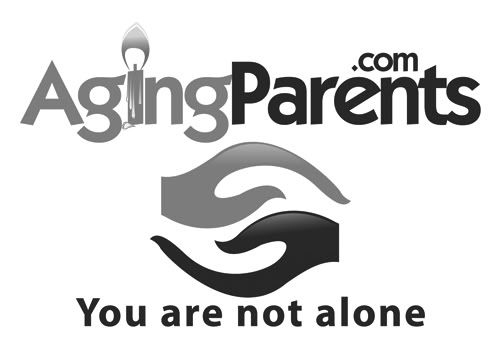Avoiding Caregiver Guilt: My Personal Story

By Dr. Mikol S. Davis, Psychologist
We have a tendency to not want to feel guilty. Most of us will do just about anything to not feel guilty. For me, the need to look after my Mom after Dad passed away was very strong. I’m the only son. There is something very basic about the need to look after one’s mother after her husband of 62 years was gone. Oh yes, did I mention that I am a psychologist, with over thirty-five years of dealing with caregivers and their emotional struggles?
My Dad had done so much for my Mom: handled all the accounting, managed the investments, done all things mechanical, opened the jar when she couldn’t and zipped up the zipper on the back of her dress. I didn’t want to feel guilty for not helping. I wanted to do as much as I could.
How could I possibly take care of her from 500 miles away? I have a sibling, and that really helped. But still, I had to get into some kind of new routine in my life. My parents had always had a life of their own, with friends a big part of it. They didn’t depend on us for anything. Contact was every couple of weeks, until Dad got sick with his last illness.
The first thing I decided to do after Dad died, and as we settled his affairs was to spend time with Mom. Yes, I had to rearrange my life, give up income from seeing patients, and just do it. But, we spent two weeks with my Mom within a month of Dad’s passing. It was amazing how useful that was. No guilt for me—I was doing everything I possibly could to help her get through the first, terrible weeks of grief and pain. Her relationship with both my wife Carolyn and me changed for the better. Mom was much more able to manage with our support, in person. Her mood dramatically improved.
Before this, Mom had refused to learn to use a computer, even for email. Dad had always done that. It made Mom really uncomfortable that she was so dependant on her kids to pay her expenses. Mom got interested in learning to pay her bills online. Spending time with her one-on-one allowed me to teach her. I purchased software which allowed me to be on her computer from a distance (gotomypc.com). She made a lot of errors, and got stuck a lot at first. I could go right on her computer each evening and walk her through getting unstuck. She learned, little by little. We talked every day.
As the year passed, and the sharpness of her grief began to ease a little, we got into a routine. I asked her to check in with me every day. Now, she calls, as requested. I often beat her to it, and call her. I know all that’s going on. I call my sister, and she’ll go there when needed. With Mom, a new closeness has developed, good for both of us.
We also hired a geriatric care manager, so we’ll have someone we can count on who lives within 10 minutes of Mom’s home. That happened after Mom fainted on the sidewalk, and had to go to the emergency room. She was ok, and they figured it was her blood pressure medication. It’s good for us to have the backup of someone close by. Again, no guilt that I can’t rush there in 10 minutes. We don’t need the care manager just now, but I’m glad we have her just in case.
Everyone has a different level of need for contact with an aging parent. For me, the much increased communication with my mother has been a good thing. I’m lucky, as my Mom is generally a cooperative person, and is still very independent at 86, nearly 87. I do know I’d feel guilty if I didn’t call her daily or have her call me. So far, so good.
Ó 2009, By Dr. Mikol Davis, Family Conflict Specialist and Eldercare Psychologist, AgingParents.com